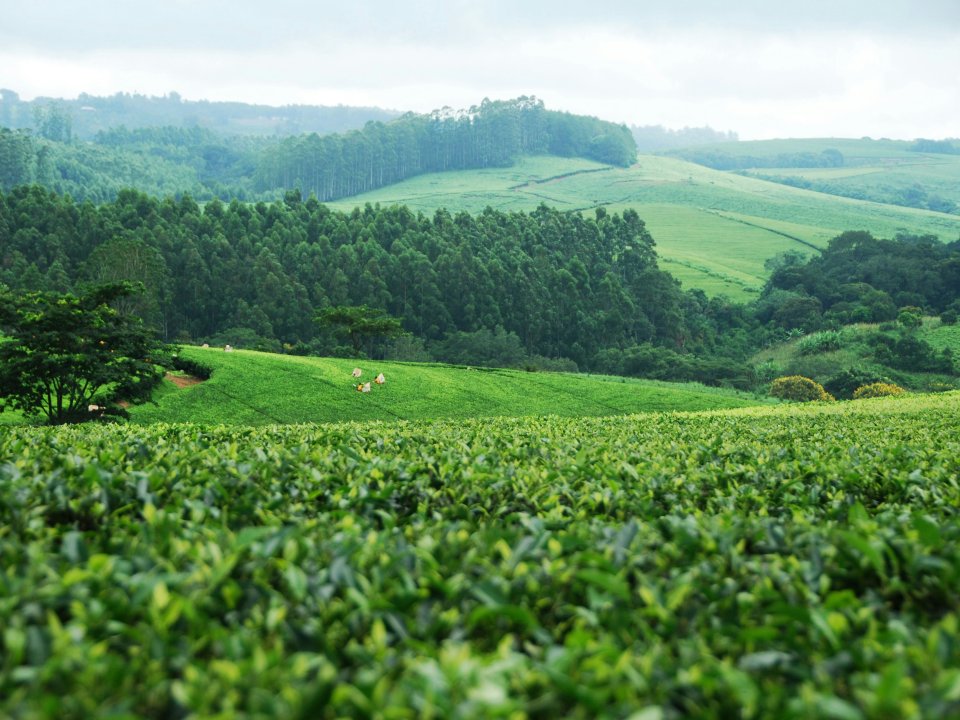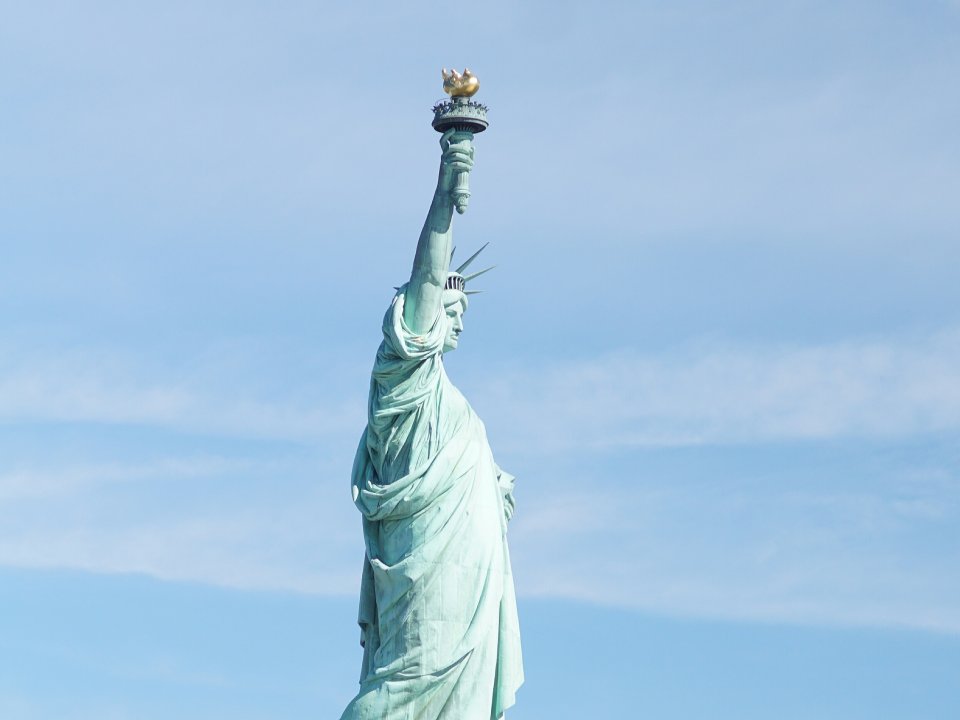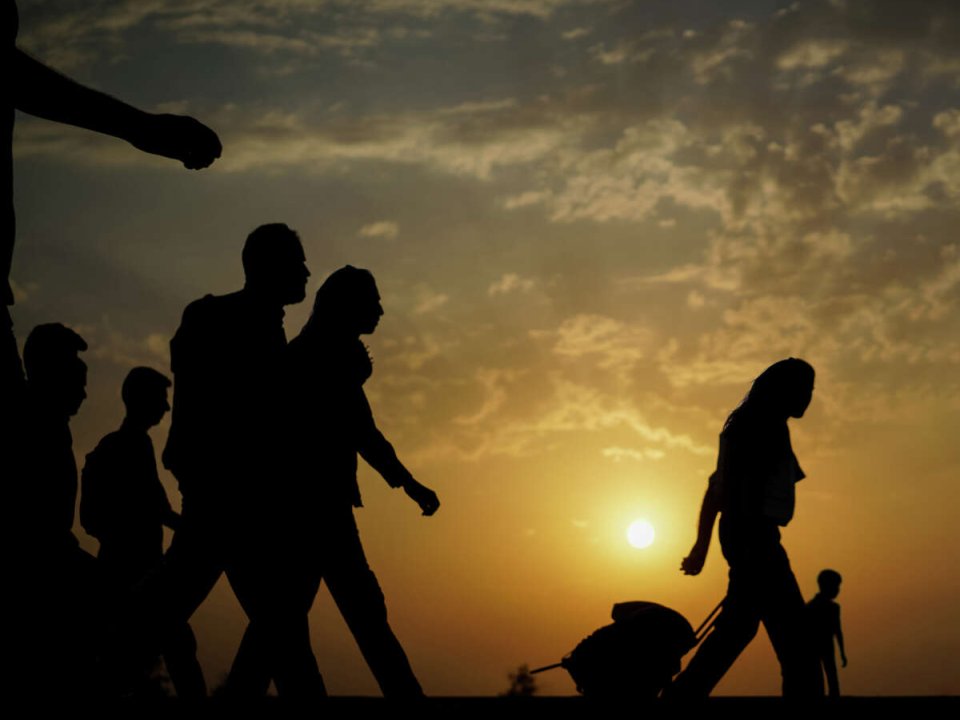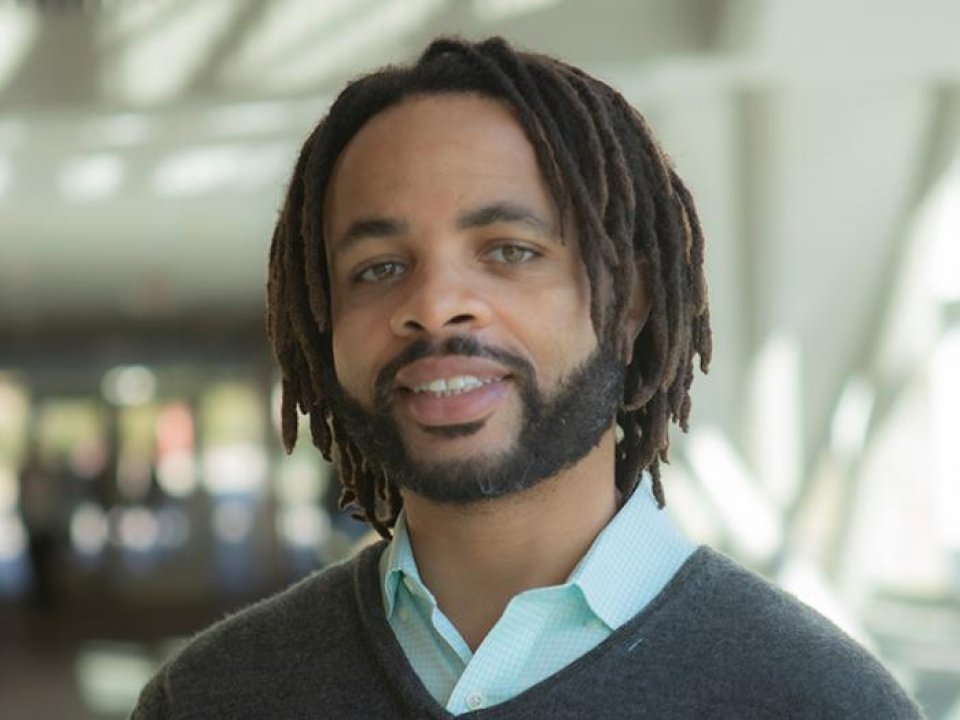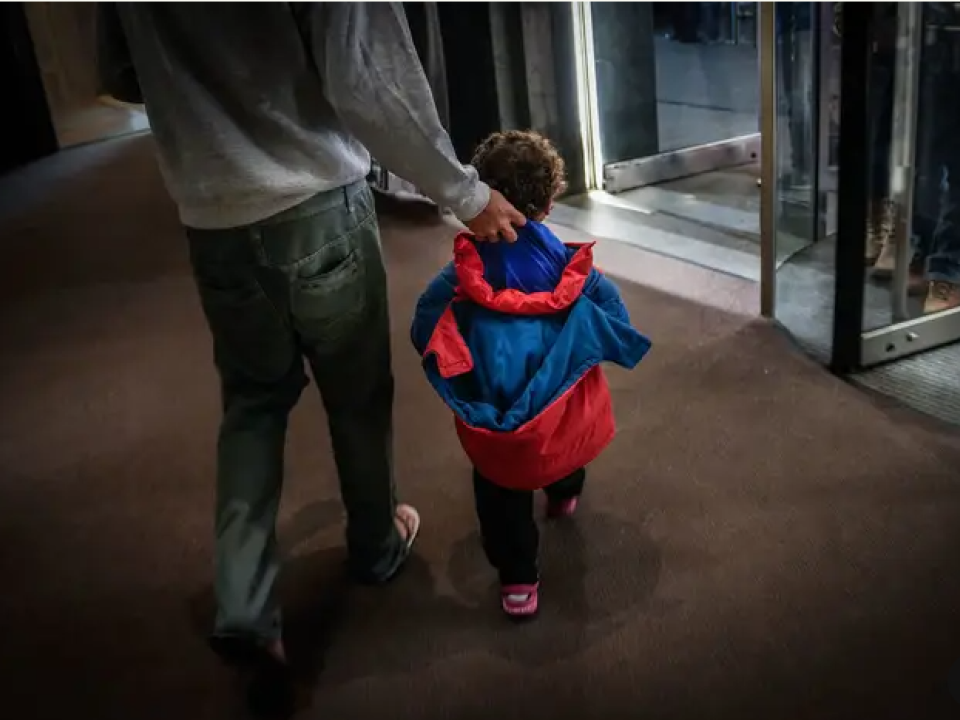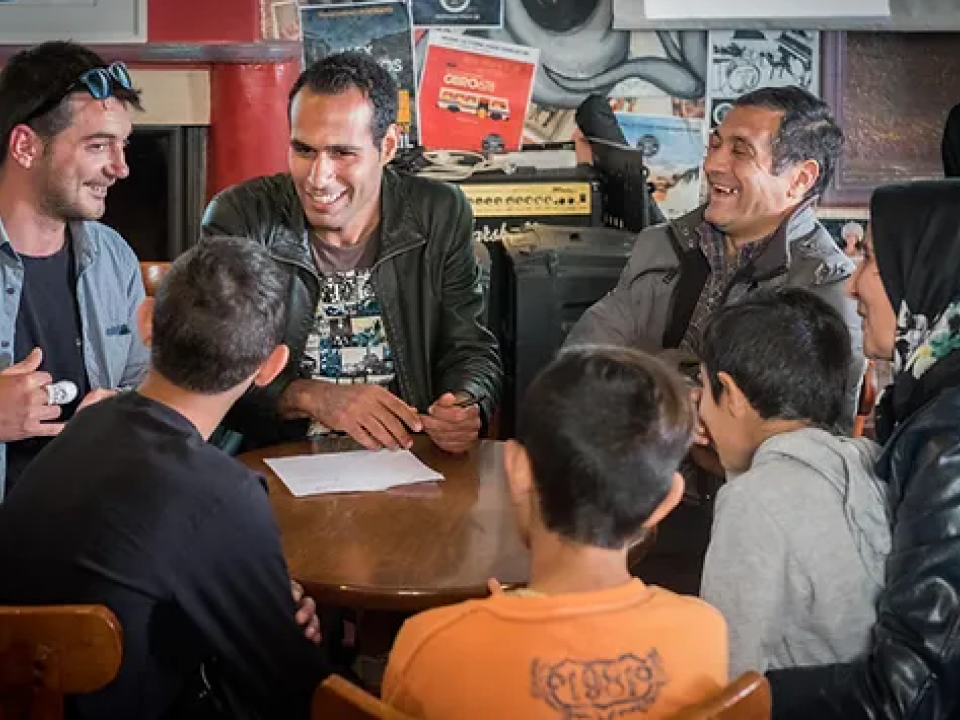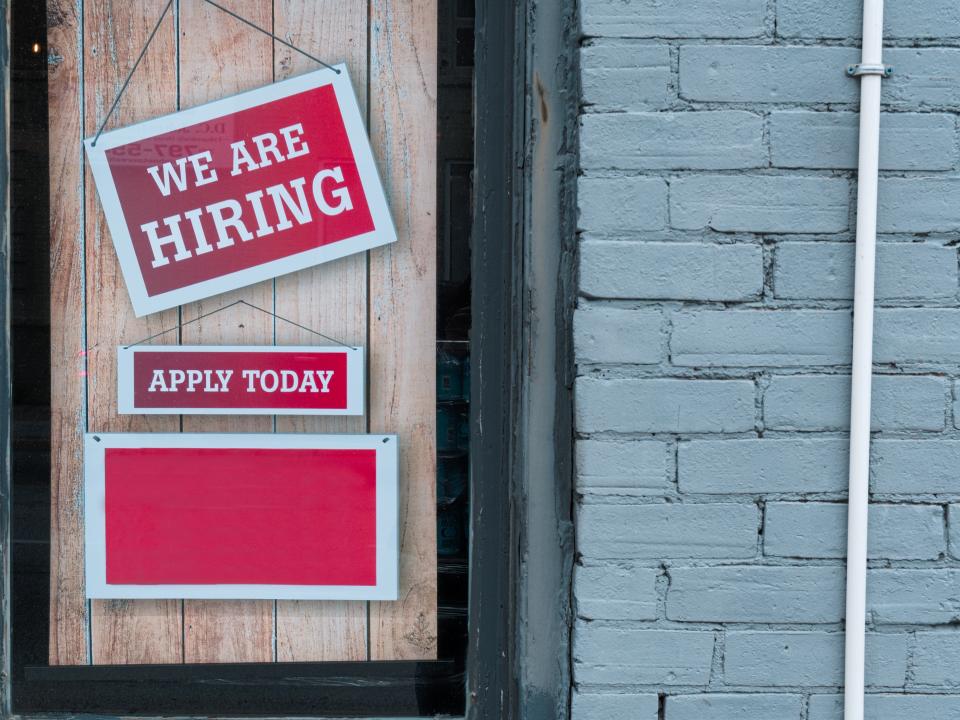News
Rachel Bezner Kerr, professor of global development, says: “In some regions of the world it will become not possible to grow food, or to raise animals. That’s if we continue on our current trajectory.”
Patricia Campos-Medina, executive director of the Worker Institute at ILR, discusses the labor market.
The DACA (Deferred Action for Childhood Arrivals) program is the result of an executive action by President Barack Obama in 2012 to serve as a temporary stopgap measure for a small subset of the undocumented population in the United States. The DACA program does not provide formal immigration status, but rather is a form of prosecutorial discretion that provides work authorization and deportation deferral. A recent decision in the federal Fifth Circuit Court of Appeals in the case of Texas v. United States held that the DACA program is unlawful.
More conservative measures are likely to become law soon. Florida’s legislature is expected to take up a bill that would bring felony charges for “sheltering, transporting or hiring” undocumented immigrants. If passed, it would be one of the most punitive in the country, said Shannon Gleeson, professor at Cornell University’s School of Industrial and Labor Relations.
“This is devastating for undocumented workers, who often work in jobs that are more poorly paid, dangerous, and subject to discrimination and harassment,” Gleeson said.
Estelle McKee, professor of law, discusses the transit ban proposed by the Biden administration, noting that New York state has volunteered to sponsor more Ukrainian refugees than any other state.
“In migration studies there’s a lot of talk about the sorts of things that accrue to migrants through migration,” says Tristan D. Ivory, International and Comparative Labor. “We say that the act of migrating leads to various positive outcomes for migrants and their families. But we know that migration is a rare event, and the people who do it are a pretty select population who stand out compared to the folks who stayed behind. So maybe those who migrate would have experienced these gains regardless of whether they stayed or left.”
A medical company contracted by New York City to bring thousands of migrants up to date on vaccines struggled to train staff on how to choose doses and interpret international vaccine records in the early weeks of its operation, according to internal documents reviewed by Gothamist and interviews with current and former staff members.
Media and political responses to Europe’s recent ‘refugee crisis’ often portray refugees as either criminal invaders or vulnerable victims – in both cases, as inherently ‘other’. Refugees themselves perceive this dichotomy as damaging. As Mohammed S., who worked with the NGO Second Tree in Greece after fleeing Syria in 2016, told us, both views ‘are basically saying the same, but [one does it] in a nice way’, explaining that both contain ‘a reason to hate or look down on others’.
In flood-prone areas of New York state, non-white homeowners are more likely than white homeowners to take active, sometimes-costly measures – such as finding a way to protect a furnace, a water heater or installing a sump pump – to prepare for a possible deluge, according to a new Cornell study.

